Last Updated On 13 May 2025, 8:28 AM EDT (Toronto Time)
The United Kingdom’s Prime Minister Keir Starmer announced sweeping new immigration reforms on May 12, 2025, to tighten every area of their immigration system and have more control.
These new reforms are being applauded by many and now the question is, will the Canadian government also introduce similar immigration reforms after the cabinet is appointed today?
The reforms come into focus as Prime Minister Mark Carney held an important conversation with UK Prime Minister Sir Keir Starmer on the same day, highlighting the deepening ties between the two nations.
As Canada grapples with housing pressures, labour market needs, and public sentiment, policymakers may adapt some of the UK-inspired reforms tailored to Canada’s unique immigration framework.
Table of Contents
On May 12, 2025, Prime Minister Mark Carney spoke with UK Prime Minister Sir Keir Starmer after the announcement of new immigration reforms. Starmer congratulated Carney on his recent election.
The leaders reaffirmed the close relationship between Canada and the UK, emphasizing their intent to strengthen trade, commercial, and defence ties.
As NATO allies and Commonwealth partners, they underscored their shared commitment to upholding peace and security, including supporting Ukraine in achieving a just and lasting peace.
The conversation also touched on the upcoming visit of His Majesty King Charles III to Canada later in May, a symbol of the enduring heritage and bond between the two nations.
Carney and Starmer agreed to maintain close contact, setting the stage for potential policy alignment, as both nations navigate similar economic and social pressures.
The UK’s recent announcement may set a precedent for Canada’s specific immigration reforms, despite the lack of reports discussing any immigration-related topics between the two PMs.
The UK’s measures aim to reduce net migration and similar things were said by Mark Carney during his election campaign to bring immigration to a sustainable level.
Not to forget that Carney served as a governor of the Bank of England for 7 years until 2020.
I spoke with @Keir_Starmer earlier today. Together, we’re going to make the Canada-U.K. relationship even stronger: expanding our nations’ economic partnership and deepening our defence and security alliance. Thanks for the call, Prime Minister.
— Mark Carney (@MarkJCarney)
Below are possible reforms Canada might adopt, inspired by the UK’s approach, while excluding measures incompatible with Canada’s immigration framework:
- Raising Skilled Worker Visa Thresholds: The UK plans to require degree-level qualifications for Skilled Worker visas, aiming to curb lower-skilled migration.
- Canada could enhance its Express Entry system by increasing Comprehensive Ranking System (CRS) score requirements or mandating higher educational credentials for economic streams.
- This aligns with Canada’s 2025–2027 Immigration Levels Plan, which reduces permanent resident targets from 500,000 in 2024 to 395,000 in 2025, prioritizing high-skilled talent for sectors like technology and healthcare.
Canada’s express entry system is already very competitive, with cutoff scores blowing through the roof, but we might see stricter requirements for Canada aspirants outside Canada.
- Sector-Specific Workforce Strategies: The UK requires employers in sectors like engineering and IT to invest in domestic training to reduce reliance on overseas workers.
- Canada could strengthen its programs by requiring employers hiring through the Temporary Foreign Worker Program (TFWP) to demonstrate training initiatives for Canadian permanent and temporary workers already in Canada.
- This would support Canada’s goal of reducing the unemployment rate and transitioning temporary residents to permanent status while addressing labour market needs sustainably.
- Stricter International Student Regulations: The UK will shorten the post-study work period for graduates from two years to 18 months and impose higher compliance thresholds for sponsoring institutions.
- Canada, which recently capped international student permits for 2025, could tighten its Post-Graduation Work Permit Program (PGWPP) by reducing work permit durations or requiring institutions to meet stricter enrollment and completion rates, similar to the UK’s 95% enrollment and 90% completion benchmarks.
- Enhanced Language Requirements: The UK is raising English proficiency standards for skilled workers and requiring basic English skills for dependents.
- Canada, which uses tests like IELTS for Express Entry and PNPs, could increase Canadian Language Benchmark (CLB) thresholds for economic immigrants or mandate basic English or French proficiency for dependents.
- Currently, dependents are not required to demonstrate language proficiency.
- This would enhance integration, a key pillar of Canada’s multicultural framework.
- Canada, which uses tests like IELTS for Express Entry and PNPs, could increase Canadian Language Benchmark (CLB) thresholds for economic immigrants or mandate basic English or French proficiency for dependents.
- Faster Asylum Claim Processing: The UK aims to streamline removals and limit human rights-based delays in deportation cases.
- With Canada facing a backlog of over 260,000 refugee claims as of late 2024, it could adopt a “last-in, first-out” model for asylum claims or prioritize high-acceptance-rate cases, as proposed by former Immigration Minister Marc Miller.
- This would reduce delays while adhering to Canada’s international obligations.
- Incentives for High-Skilled Global Talent: The UK’s Talent Beyond Boundaries scheme and Global Talent visa reforms target top professionals.
- Canada could expand its Global Talent Stream or create a new Express Entry stream for globally recognized talent in fields like artificial intelligence or green technology, building on the Global Talent Stream’s success in fast-tracking high-skilled workers.
Several UK measures are incompatible with Canada’s immigration system and values:
- Extended Settlement Periods: The UK’s plan to double settlement periods from 5 to 10 years and introduce “earned settlement” contradicts Canada’s 3-to-5-year permanent residency-to-citizenship pathway, a cornerstone of its integration model.
- Closure of Social Care Visa Route: Canada’s Caregiver Program, unlike the UK’s social care visa, is a vital pathway to permanent residency, reflecting Canada’s commitment to essential workers.
- Visa Restrictions for Specific Nationalities: The UK’s scrutiny of applications from countries like Pakistan and Nigeria due to asylum trends conflicts with Canada’s non-discriminatory principles.
- UNHCR Refugee Work Permits: Canada’s robust refugee resettlement program already integrates UNHCR-recognized refugees, rendering a separate work permit scheme unnecessary.
Broader Context and Considerations
Canada’s immigration policy is driven by its economic needs, low fertility rate (1.3 births per woman), and aging population, with immigrants making up nearly 25% of the population.
The 2025–2027 Immigration Levels Plan projects a slight population decline of 0.2% in 2025 and 2026, reflecting concerns about housing and infrastructure.
Public sentiment, with 60% of Canadians calling immigration levels too high, may push policymakers to adopt UK-inspired reforms.
However, Canada’s commitment to multiculturalism and humanitarian obligations, enshrined in the Immigration and Refugee Protection Act, will likely prevent overly restrictive measures.
The UK’s reforms, aimed at reducing reliance on foreign labour and enhancing enforcement, resonate with Canada’s recent moves to lower immigration targets and expedite asylum processing.
The upcoming royal visit by King Charles III further symbolizes the shared values that may facilitate policy exchanges.
As Canada evaluates these potential reforms, input from provinces, businesses, and civil society will be critical to balancing economic priorities with integration capacity.
Previous Immigration Minister Marc Miller hinted at further asylum system reforms, with proposals expected soon.
The strengthened Canada-UK relationship, reaffirmed by Carney and Starmer, may foster collaboration on immigration policy, ensuring both nations address shared challenges while respecting their distinct systems.
For updates, visit Canada.ca or follow Immigration, Refugees and Citizenship Canada (IRCC) announcements.
You may also like: New GST Payment Increase In Canada Effective July 2025
New IRCC Update On Processing Times As Of May 2025
Canada May Launch New Immigration Measures For Indians and Pakistanis
5 New CRA Benefit Payments Coming For Ontario Residents In May 2025
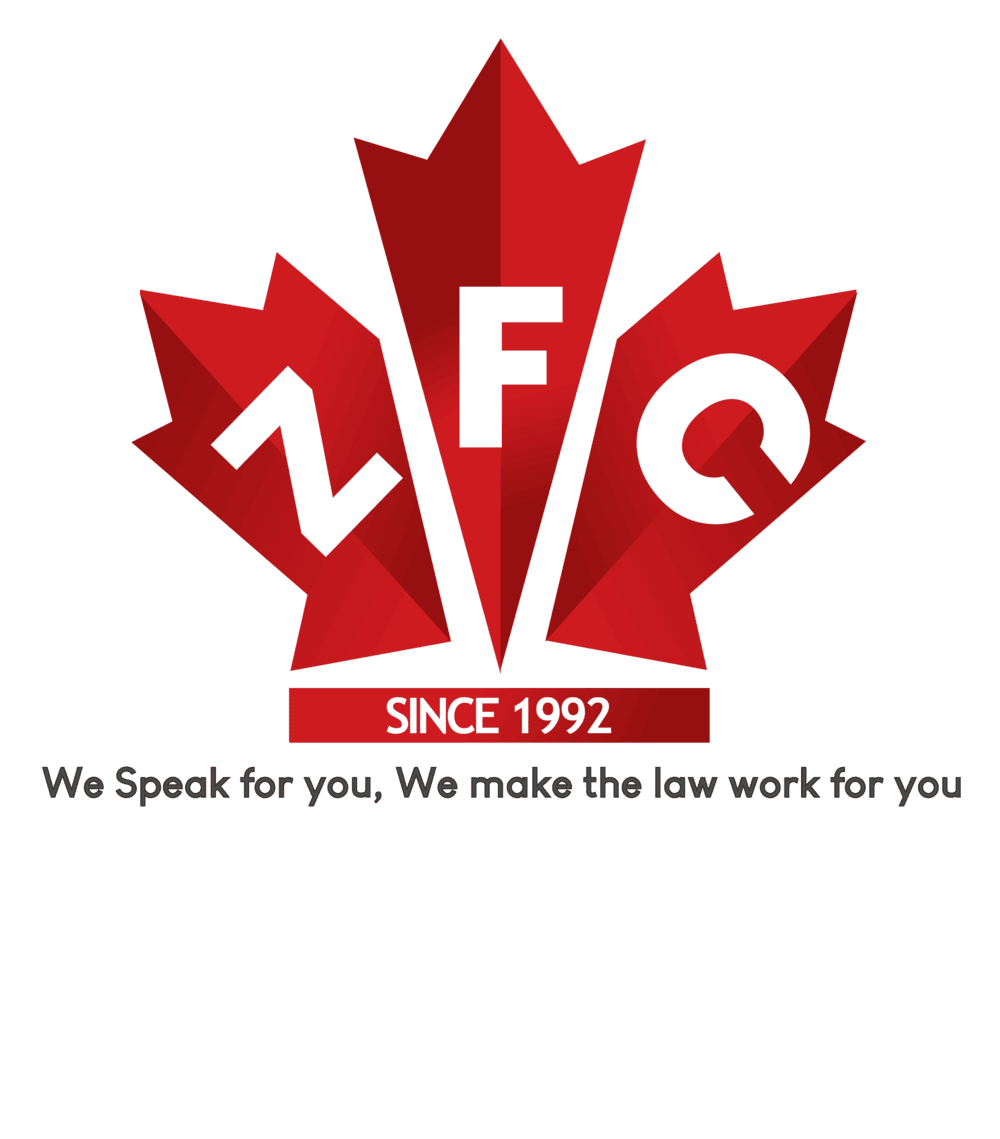
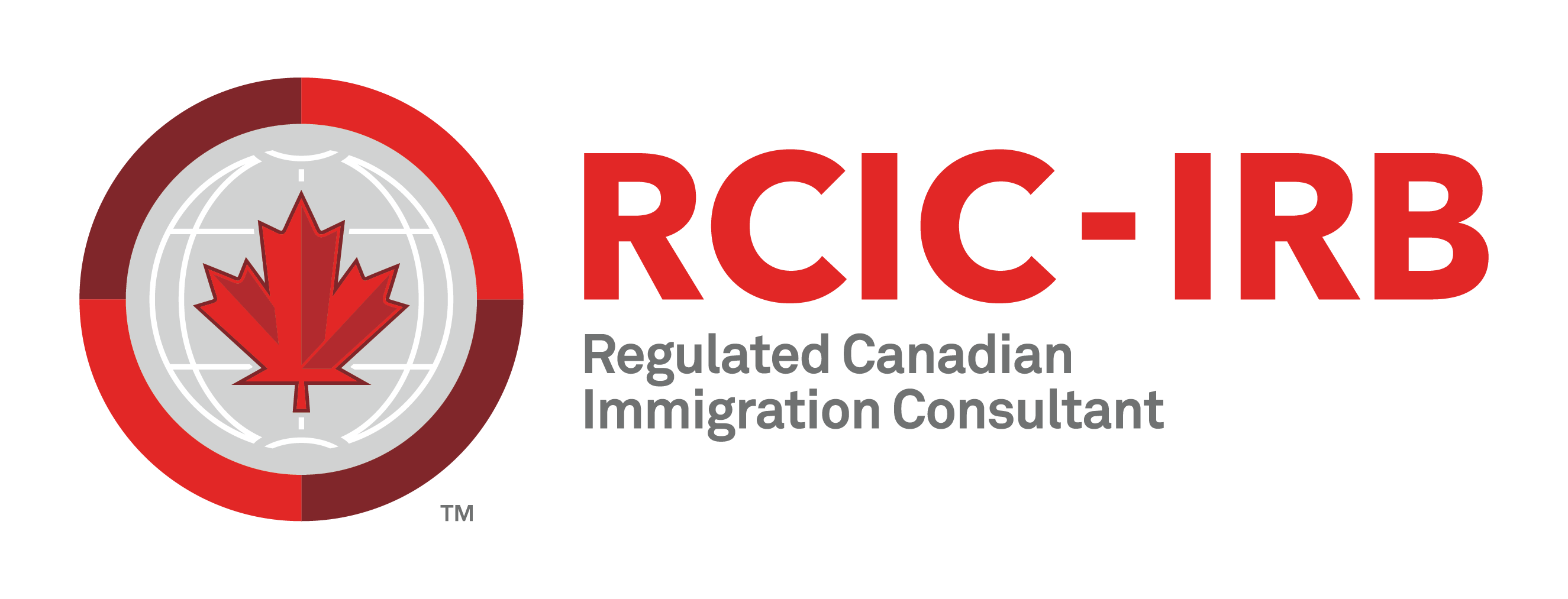
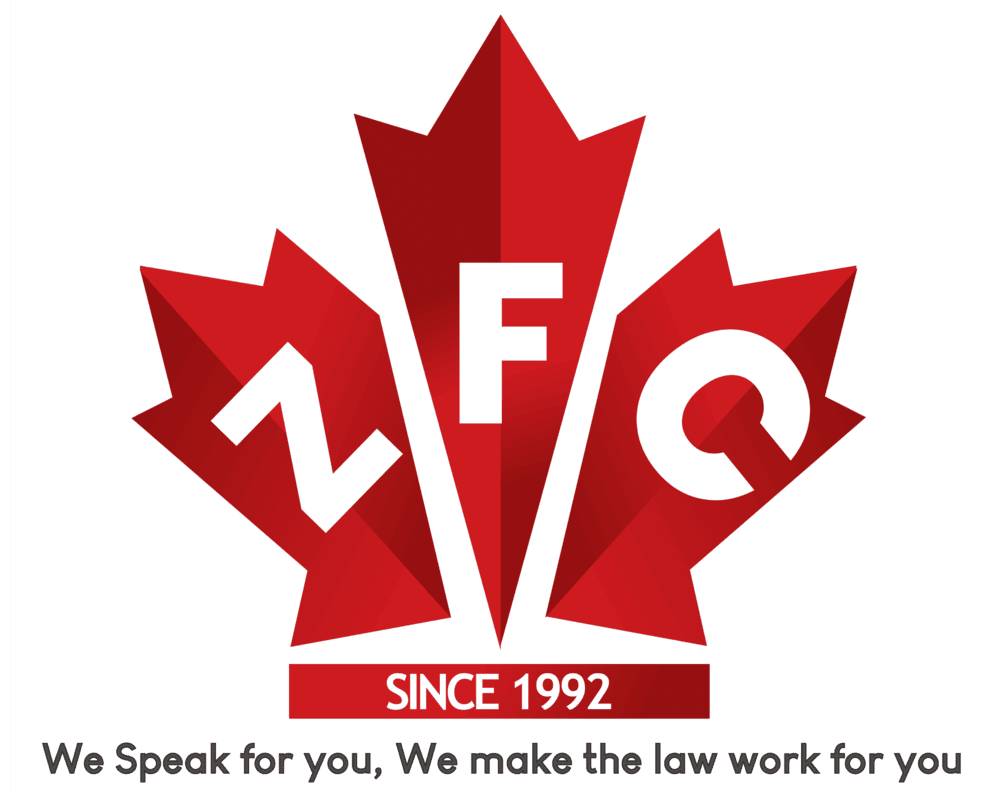
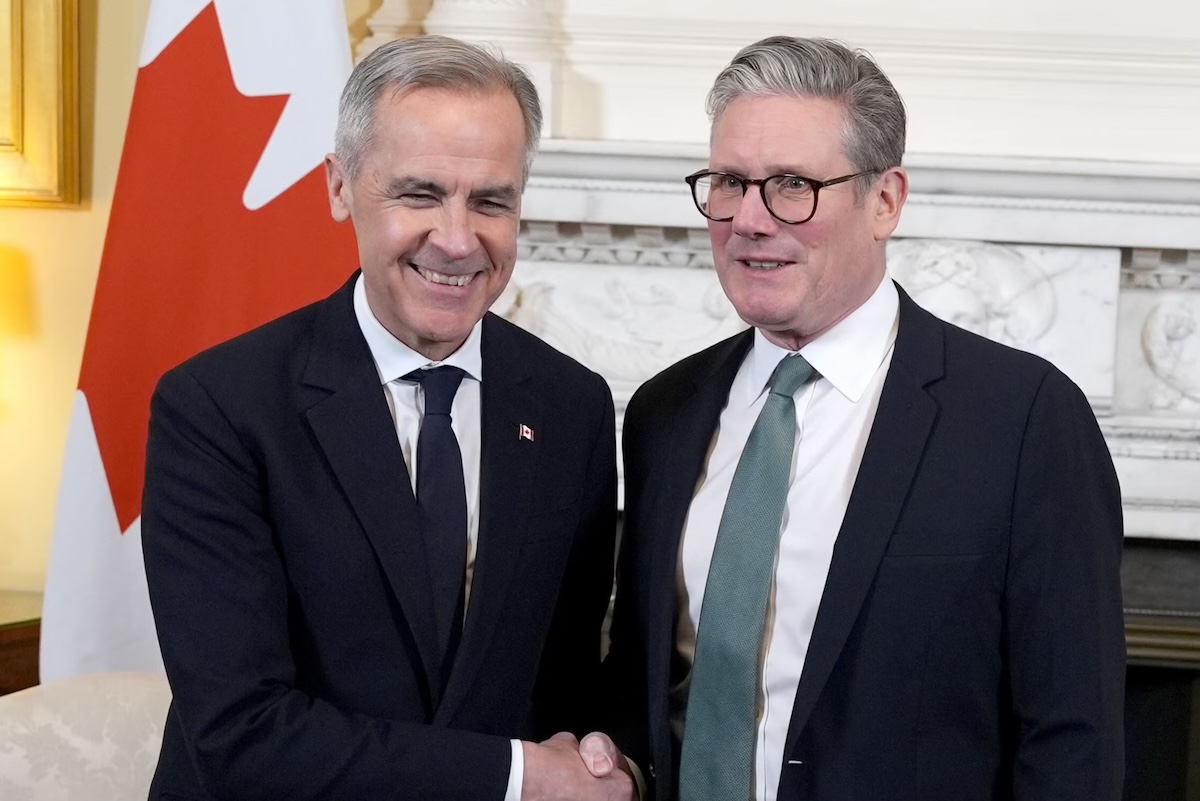





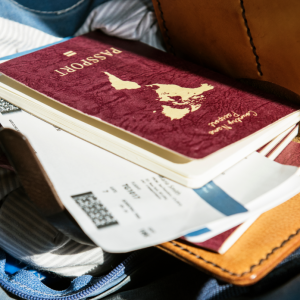

Leave A Comment
You must be <a href="https://zfcanada.com/wp-login.php?redirect_to=https%3A%2F%2Fzfcanada.com%2F2025%2F05%2F13%2Fuk-announces-stricter-immigration-rules-will-canada-follow%2F">logged in</a> to post a comment.